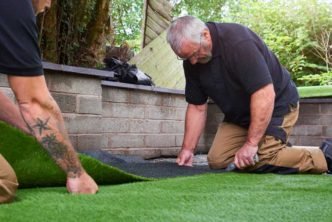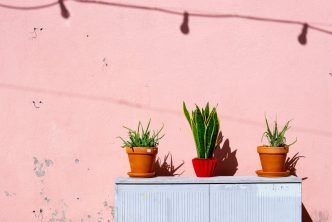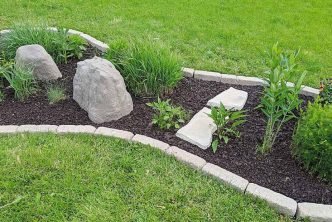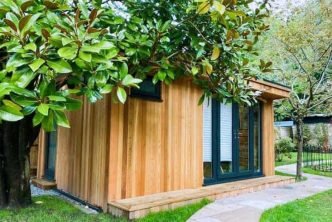Regardless of the time of the year, your garden might be costing you much more than it gives back. Often, people mistake gardens for being the best thing that they could ever have in their homes.
While there is no question that starting a garden is objectively a good thing, it could also lead to something bad if you don’t know how to take care of them properly. This is true, especially for your water and electricity bill. So to avoid that issue, here are some energy-saving tips you need to know before starting your garden.
Table of Contents
Planting shade trees
Trees that cast a natural shade are good for your garden and even your home. They reduce the temperature by about 25% which makes your power bill go down by limiting your reliance to air conditioning units. Plus, they are pretty nice during hot summer days which can be good for the hydration of your other flora, too.
If you don’t have a big area, you can substitute shade trees with shrubs and vines that also help in lowering the temperature of your home if you plant them beside your outer walls.
Plan your garden layout
You have to be strategic with how you’re going to lay out your garden, even if you only have a small space. Fortunately, there are a lot of garden layouts to choose from. By knowing what plants you can group together and where to place them, you save not just on water, but on efficiency, too. Remember to place plants that need more watering near the shaded areas of your garden to save on a few ounces.
Consider eliminating or minimizing your lawn
When we talk about home gardening, many homeowners automatically think about evergreen lawns that are to-die-for! But if you’re looking to save energy, you might have to cut back on grass or just remove it altogether. By doing so, you save on liters of water every month and you can use the space for more functional plants and/or activities.
Observe a proper watering schedule
Your plants need water, but not every single hour of every single day. This is obviously a waste of resources and might even prove fatal to your greens. Every responsible homeowner who tends to a beautiful garden knows just how much water is needed by his or her plants in a given day. Too much or too little just won’t cut it.
Check for water and air leaks
Water leaks will cause your bill to jump to incredible heights if left unchecked. The same is true for air leaks and your power bill if you do have a greenhouse. So this is a simple reminder to go ahead and make a routine inspection of all your equipment, tools, and facilities to make sure that every penny counts.
Turn off outdoor lights and heaters when not in use
Outdoor lights that emphasize your garden are a must-have. They make everything beautiful, but if you won’t control the time they’re being used, you might come up with a very high bill in the near future. Take it upon yourself to schedule not just your watering time but also the duration of your outdoor lights. Your neighbors won’t be looking at them 24/7 anyway.
Consider using solar devices
Another way you can save on energy consumption is by using solar devices at home. These include solar lights for your garden or solar water heaters. However, while they may save you a few bucks down the line, you should also be aware of common issues surrounding such devices for you to avoid unnecessary costs.
Choose a better energy provider
Choosing a better energy provider would be good not only for saving energy in your garden but also for your home in general. You won’t know how much value you’re getting or losing with your current power provider. To determine this, you may go to www.powersetter.com to check out if you’re getting a good deal or someone is ripping you off.
Conclusion
As you can see above, there are many easy ways you can save energy in your garden. This makes sure that you get the best out of your garden without incurring unwanted costs and unnecessary bad effects to the environment.





